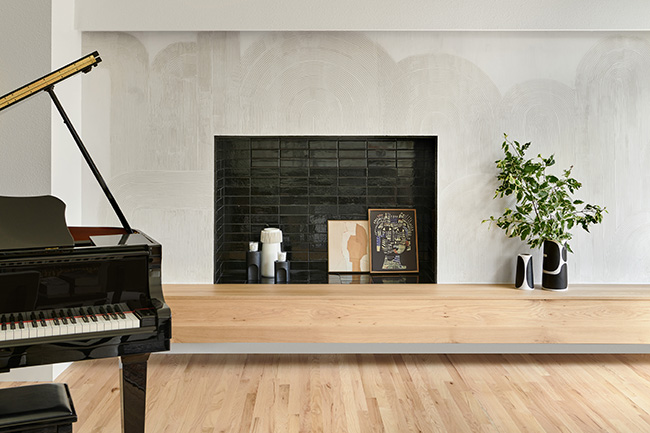Senior Safety: Ways to keep a loved one safe from a potentially devastating fall
09 Apr 2017
Falls are the leading cause of injuries among the elderly
By Carol Brock My in-laws were in their 80s when they each took a tumble at their senior facility. Although we hired a nurse to watch them 24/7, my father-in-law slipped from his wheelchair one night and broke his shoulder; my mother-in-law fell out of bed and fractured her hip. Both have since passed away, rest their souls.

Safer House
If your relative lives in her home, an apartment or a senior facility, the following home-safety tips from the National Center for Injury Prevention and Control can help prevent falls.- Remove tripping hazards from walkways and stairs. These include electrical and phone cords, newspapers, shoes, clothes, etc. Put nonslip treads on wooden stairs and handrails on stairs and hallway walls.
- Keep plants, coffee tables and other low items out of routinely traveled routes.
Get rid of area rugs, or secure them with slip-resistant rubber pads and double-sided tape. Tack down any loose carpeting.

Loose carpet edges and unsecured area rugs are major causes of falls in the home. Be sure to tack or tape them down. (photo by wavebreakmedia) - Put non-slip mats or strips of anti-slip tape in baths and showers, and on any floors exposed to water. Install grab bars in tubs and showers and next to the toilet.

To guard against falls in the bathroom, install grab bars beside the toilet and in the shower, and use anti-slip tape or mats in the tub or shower. (photo by Prasit Rodphan) - Consider a raised toilet seat with arms that fits over an existing toilet, as well as a sturdy, secure plastic seat and handheld nozzle for the shower.
- Put high-wattage bulbs in light fixtures, and nightlights in halls, bedrooms and bathrooms. Install illuminated light switches and hang lightweight curtains or shades in any window that produces a glare.
- Encourage your relative to wear sturdy, treaded shoes in lieu of slippers or going barefoot.
- Store frequently used items (dishes, food, medicines and clothing) within easy reach.
- Tape emergency numbers in large type by each phone, and consider investing in an emergency device that can bring help if your relative falls and can’t get up.












